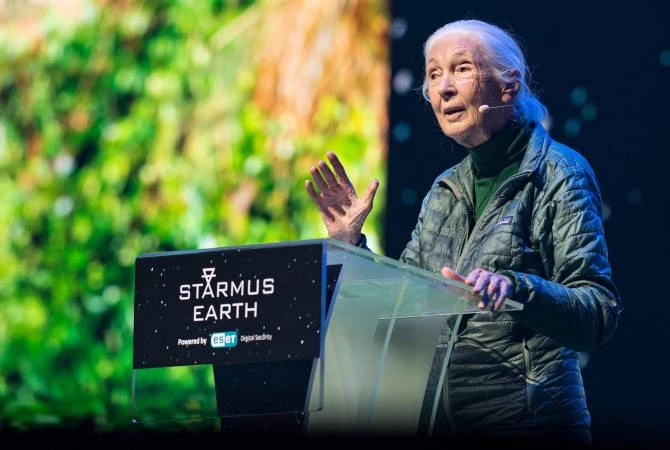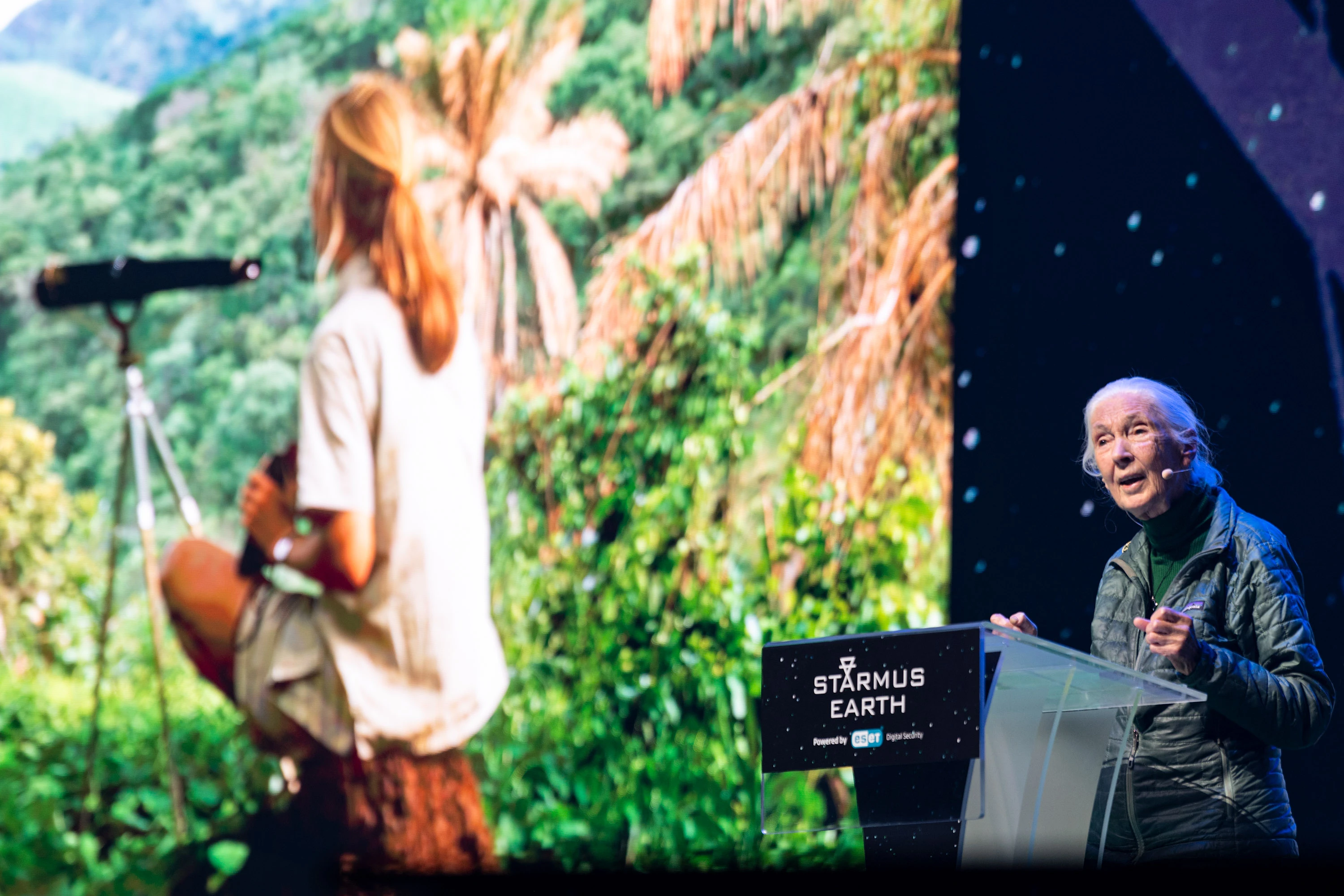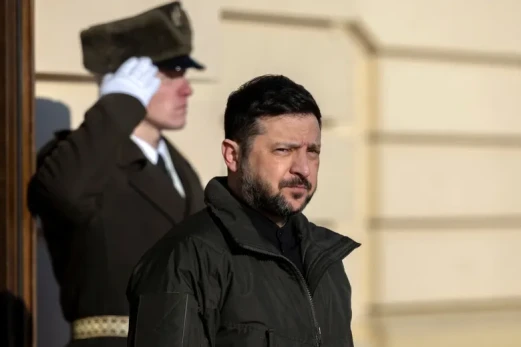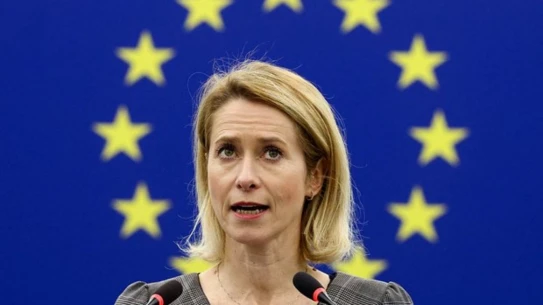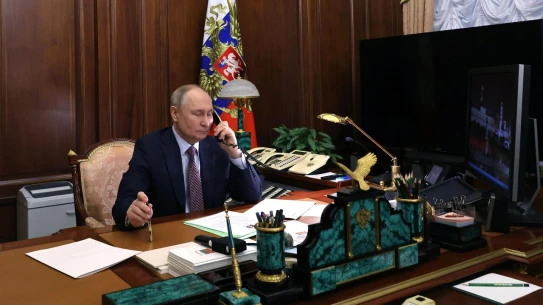British primatologist, ethologist and anthropologist Jane Goodall's speech kicked off the STARMUS science festival in Bratislava on May 13.
Having turned 90 years old, this petite woman travels around the world for more than 300 days a year, holds seminars and lectures, and participates in activities aimed at protecting the environment.
Goodall, the keynote speaker at the seventh STARMUS festival, has dedicated his entire life to the study of chimpanzees and the protection of the planet Earth. His innovative research into the life of chimpanzees in Tanzania has completely changed the way humanity imagines these animals. Today, he is also known as the author of projects aimed at protecting the environment. Goodall's work over the years has helped preserve important ecosystems and protect endangered animal species. During his activity, he constantly tried to show people the interconnectedness of different types of life existing on the planet Earth.
Jane Goodall's performance on the stage of the STARMUS festival of science and music was entitled "Reason for Hope". He greeted the audience in the language of chimpanzees.Planet Earth is our only home
I am extremely excited that the main theme of this year's STARMUS is our planet, one of the billions orbiting in the Universe. And how amazing it is that thanks to our exploration of space, we had the first stunning image of planet Earth; the picture of that beautiful green and blue planet that was taken from space. And I think at that time people began to realize that this is a very fragile planet. Here is our small planet, which revolves around the Sun, surrounded by the black and dark infinity of the Universe. It is a wake-up call for all people on Earth to realize that this is our only home, so we must start protecting our planet.
Over the centuries, probably since the industrial revolution, and maybe even the agricultural revolution, we have increasingly damaged our planet, our only home.
As a result of climate change, we are witnessing the terrible changes that are happening all over the world. more destructive and frequent storms and hurricanes, floods, droughts, heat waves, terrible forest fires in different corners of the world. We are witnessing how the ice sheets are melting, how the water level is rising... We are harming this planet in various ways.
We will not face climate change in the future, that change is now, right here and right now.
Humanity is living in the period of the sixth mass extinction
We are living in times of the sixth mass extinction on planet Earth. And we ourselves are the cause of this destruction. We are in extremely difficult times, and what we do now will affect the future of life on planet Earth.
However, I see that there is light at the end of a very long and dark tunnel. There is a shining star at the end of the tunnel. that is the hope.
Industrial, agricultural activities based on the large-scale use of fossil fuels, pesticides and artificial fertilizers that drastically affect biodiversity are actually killing the very land we depend on. We can't go on like this anymore, can we?
Man, the only sentient creature?
When I started studying at Cambridge University in 1961, I was told that only human beings have personality, only human beings have minds capable of solving problems, and only human beings have emotions such as joy, sadness, fear. Fortunately, I had a wonderful teacher at an early age who taught me that science is wrong. That teacher was my dog, Rusty.
We are not the only sentient beings on the planet. We are not separate from the amazing animal kingdom, we are a part of it.
Three reasons not to lose hope
People often say to me, Jane, you see so many problems, do you really continue to hold on to hope? And my answer is yes. I believe that we have a window of time, but everything depends on us. We must unite to make a difference. We should not blame everything on others, but we should take action ourselves.
















